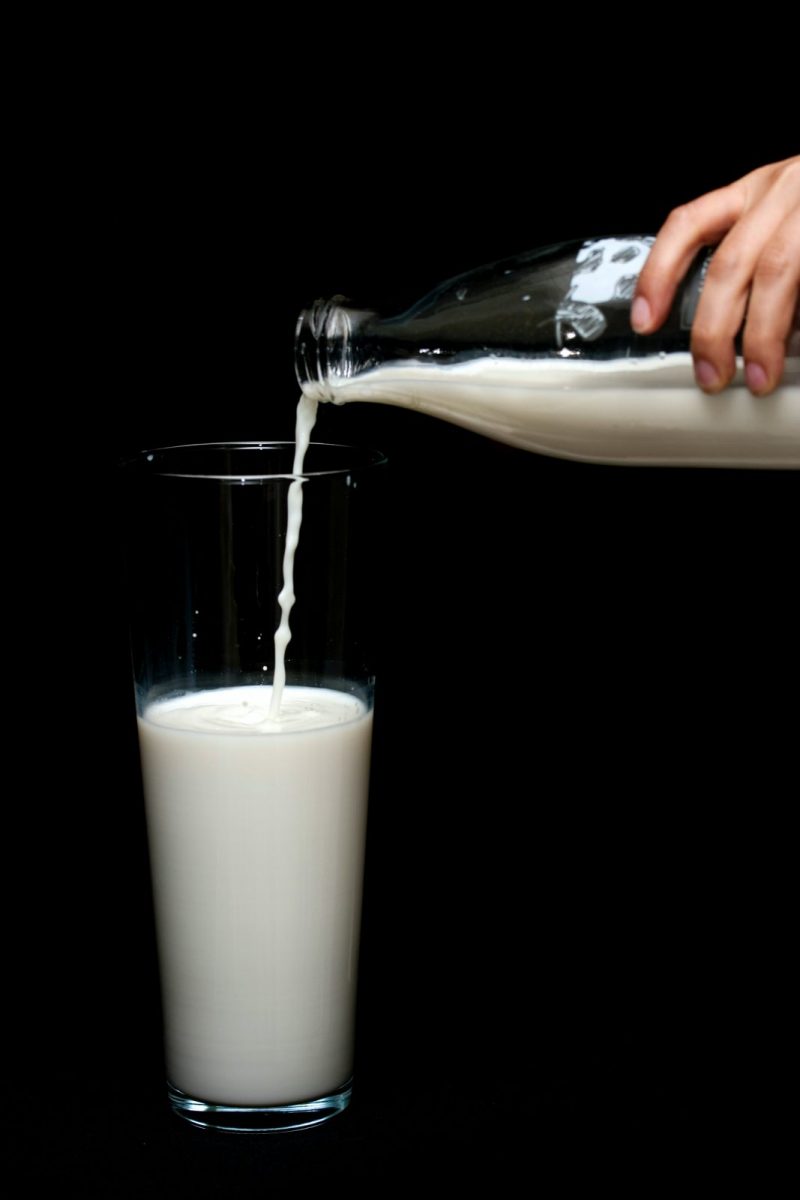At the start of the pandemic there were images of dairy farmers disposing tonnes of their produce due to falling demand as the hospitality industry closed overnight. As a result of this and other factors, a quiet phenomena developed in the countryside as milk producers developed a range of new initiatives to supply their products to their local area.
Recent research has found that over 50% of dairy industry businesses were effected by the virus that led many farmers to look at more sustainable ways of selling their milk. Over the past year over 15 different start-ups have been established in communities across Wales selling their products on the farmyard, through a dedicated ordering scheme or vending machines.
The development of the new initiatives means that dairy farms can have more control over their produce, which has further implications for the community and the environment. By reducing the supply chain these businesses ensure they control the price of their product and not national supermarket chains. It also strengthens the local economy and the circular economy, as any profits are more likely to remain in the local community and through the local population supporting their local business.
Meillionen Farm near Llandysul started a similar initiative in March 2019 to get a fairer price for its high quality milk, and the business also sees the environmental value of supplying its milk directly to the consumer
“We decided to use glass bottles to sell the milk and re-use them. This has greatly reduced the use of plastic by our customers. We also strive to use processes and materials that are kind to the environment. We have more control over this where we didn’t have with the previous process.”
Although Meillionen Farm continues to send the majority of its milk to a local cheese processing plant, buying your milk from a local enterprise such as this now has environmental value as the product creates fewer food miles and is often farmed using grass-fed methods.
Many have diversified their businesses through the use of social media to promote their new ventures, and it shows that the nature of the industry naturally develops the skills of entrepreneurs as farmers diversify in order to survive.
One aspect that the dairy enterprises have shown is the developing demand for local dairy products. A number of these businesses have developed a bilingual local brand that promotes the use of an economics of identity to strengthen the local economy, and looking to the future of local milk production, Llaeth Meillionen agrees:
“Overall I hope that there will be a move by the public to support local businesses and to buy produce more locally. There is great value in using Welsh for rural businesses and I firmly believe that we have products here in Wales, which are the best in the world.”
Certainly, the growth in the number of farms that have decided to start selling their own milk not only shows farmers having more control on the industry, but it also shows the potential of creating a shorter food supply chain that is sustainable and closer to the local population.



